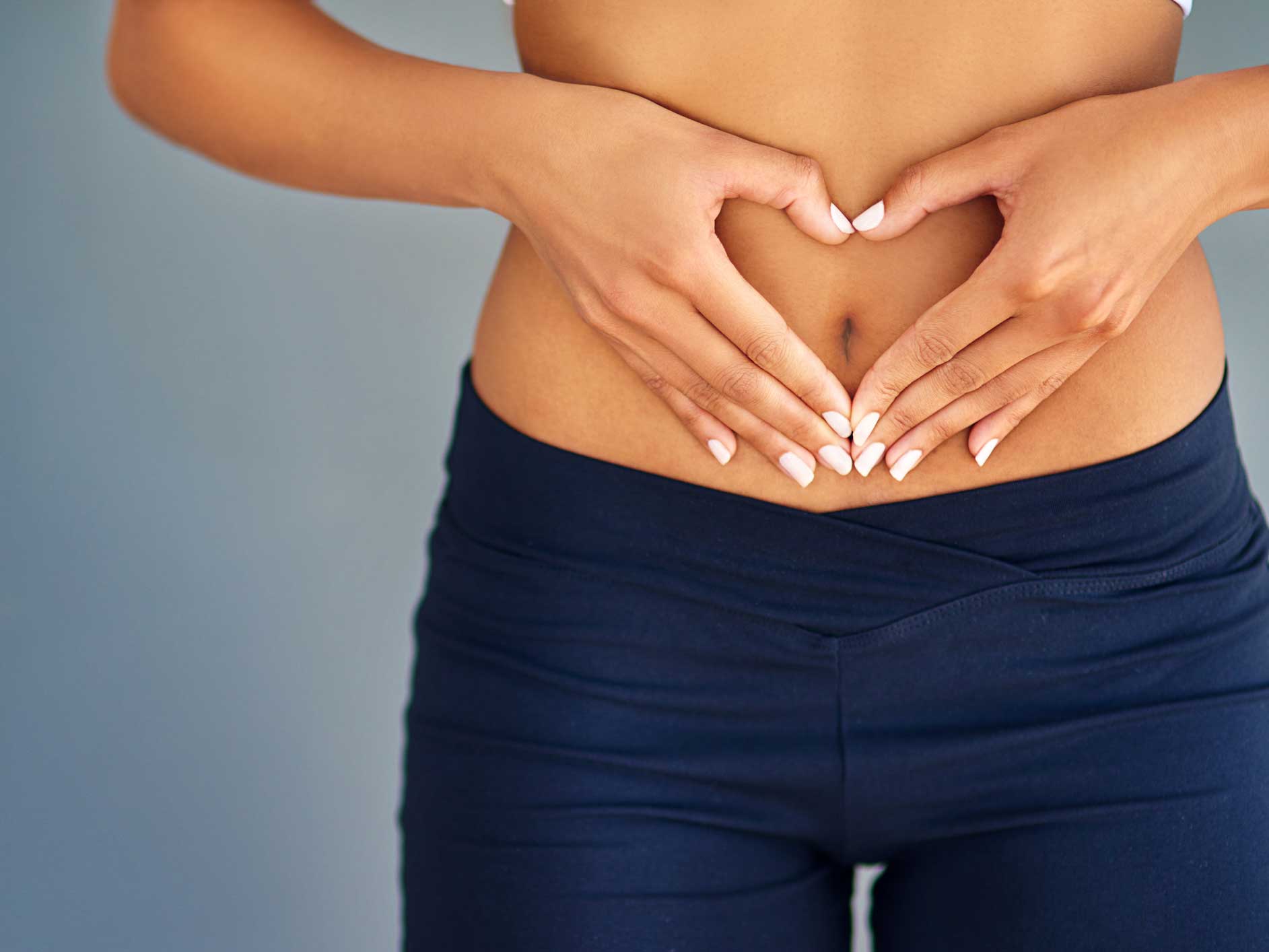Can Eating Pasta Help You Lose Weight?
Long considered a heedless wrecker of waistlines, pasta may have been wrongly maligned all along.

LuckyTD
Have a love-hate relationship with pasta? Join the club. Many of us love the taste of penne and pappardelle, orecchiette and orzo, farfalle, fettuccine and fusilli, but hate the havoc we’re told it wreaks on our diets. Well, great news for weight-watching noodle fans: pasta, long considered a heedless wrecker of waistlines, may have been wrongly maligned all along, new research suggests.
Yes, you may be able to straight-up love pasta — guilt-free.
The key is that pasta, while a carb, has a low glycemic index, which means that it takes longer for your body to digest, absorb and metabolize it and longer for it to boost your insulin and blood sugar level than high-GI carbs, like white bread, white rice and potatoes, according to the study, published in the journal BMJ Open.
Researchers affiliated with the University of Toronto and St. Michael’s Hospital in Toronto, Canada, set out to determine whether pasta contributed to weight gain, as is widely believed, or whether it followed the pattern of other low-glycemic foods (fruits and veggies, legumes and lentils) and contributed to weight loss.
After a review and analysis of 30 randomized control trials that included almost 2,500 people who consumed pasta rather than other carbs as part of a low-GI diet, the authors concluded that — within the context of a low-GI diet — pasta doesn’t make people fatter. In fact, they maintained, it lowers body weight and BMI when compared to high-GI diets — possibly because the pasta satisfies their hunger, preventing them from overeating.
Those involved in the clinical trials consumed about 3.3 servings of pasta servings (about a half-cup, cooked, per serving), rather than other carbs, on a weekly basis. Over 12 weeks, these consumers of pasta lost about half a kilogram (approximately 1.1 pounds).
"The study found that pasta didn't contribute to weight gain or increase in body fat," the study’s lead author, Dr. John Sievenpiper, a clinician scientist with the Clinical Nutrition and Risk Modification Center at St. Michael’s Hospital said in a news release. "In fact analysis actually showed a small weight loss. So contrary to concerns, perhaps pasta can be part of a healthy diet such as a low GI diet."
More research is needed to see if the weight loss holds for pasta when it is combined with other kinds of healthy diets, such as Mediterranean or vegetarian diets, according to the authors. However, Sievenpiper says, "In weighing the evidence, we can now say with some confidence that pasta does not have an adverse effect on body weight outcomes when it is consumed as part of a healthy dietary pattern."
San Diego nutritionist and integrative dietician EA Stewart, MBA, RD, who writes the Spicy RD Blog, says that, while the study results may come as a surprise to some people, she has always believed pasta has a place in a healthy diet.
"Pasta has gotten a bad rap, especially here in the U.S.," she tells Healthy Eats. "Part of this stems from the large servings of pasta people typically consume, especially when eating out at restaurants.
Although it may not be true for everyone, "for most people, pasta can be enjoyed as part of a balanced diet," Stewart says. "I would encourage anyone who enjoys pasta but has eliminated from their diet to give it a try again, just keeping in mind portion control."
Stewart recommends consuming 2- to 3-ounce portions of pasta, plus toppings. Her family’s "easy ‘go-to’ pasta dishes" include pasta with pesto, pasta with a grass-fed beef or ground-turkey marinara sauce, and pasta with ricotta cheese, tomatoes, basil garlic and pine nuts.
"Also, even though the pasta in these studies was made from refined flour," she says, "I recommend including some bean- or lentil-based pastas in the diet, as they provide additional protein, as well as fiber to help promote a healthy gut microbiome."
Related Links:

































